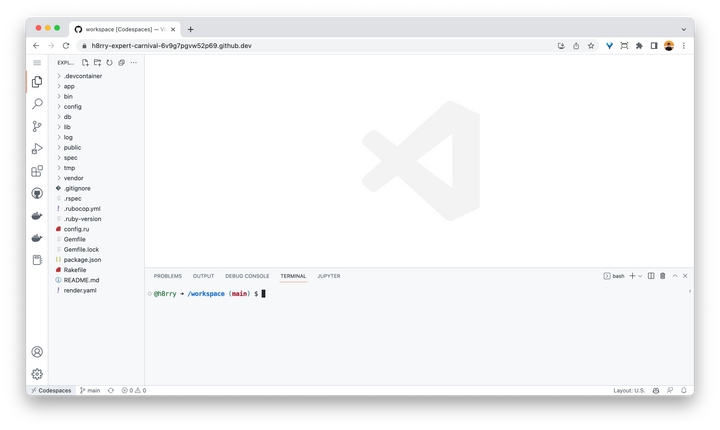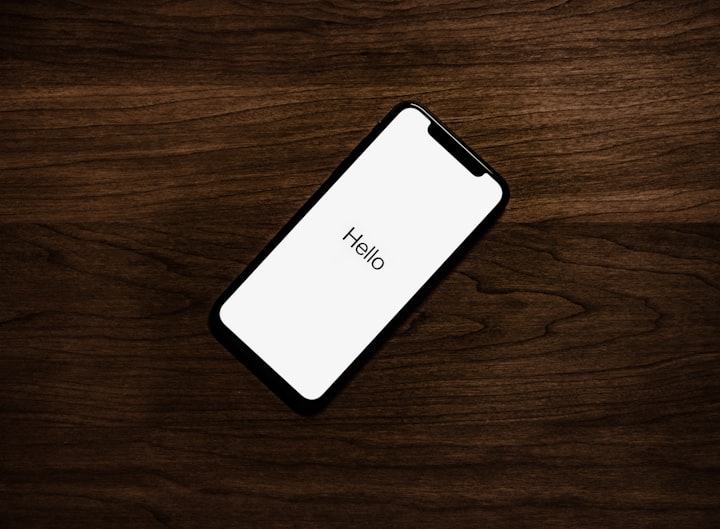How long does it take to learn TypeScript
Introduction
If you are someone interested in learning to code, you might have come across TypeScript. TypeScript has been gaining popularity in the programming world, and for a good reason. It is a great language to learn and can be especially helpful for those who are just starting in their coding journey. In this blog post, we will explore what TypeScript is, why you should learn it, and how long it might take for you to become proficient in it.
What is TypeScript?
TypeScript is a programming language that is a superset of JavaScript. This means that TypeScript extends JavaScript by adding optional static types. These types are annotations that can be added to your code to help you catch errors early on and make your code more robust.
To give you an analogy, think of TypeScript as an upgraded version of JavaScript. It is like a car that has all the features of a standard car but comes with additional safety features and perks. The primary purpose of TypeScript is to make it easier for developers to write and maintain large-scale JavaScript applications by providing better tooling and error checking.
Why Should You Learn TypeScript?
There are several reasons why learning TypeScript can be beneficial for someone interested in coding:
Type Safety: TypeScript's static typing system helps you catch errors early in the development process. This can save you a lot of time and frustration when compared to debugging runtime errors in JavaScript.
Better Tooling: TypeScript provides excellent tooling and editor support. Tools like autocomplete and type checking make it easier to write and refactor code, leading to more efficient development.
Growing Popularity: TypeScript has seen a surge in popularity in recent years. Many popular libraries and frameworks, such as Angular and React, are adopting TypeScript, making it an in-demand skill in the job market.
Easier Transition to Other Languages: TypeScript's static typing and syntax are similar to languages like Java and C#. Learning TypeScript can make it easier for you to pick up other statically-typed languages in the future.
Compatibility with JavaScript: Since TypeScript is a superset of JavaScript, you can gradually adopt TypeScript in your projects without abandoning your existing JavaScript codebase.
Prerequisites for Learning TypeScript
Before diving into TypeScript, it's essential to have a basic understanding of JavaScript. TypeScript is built on top of JavaScript, so knowing JavaScript fundamentals will make learning TypeScript much more manageable. If you're new to JavaScript, you might want to spend some time learning the basics before diving into TypeScript.
Additionally, having some experience with HTML and CSS can be helpful, as these technologies are often used alongside JavaScript and TypeScript when building web applications.
Estimating the Time to Learn TypeScript
The time it takes to learn TypeScript can vary greatly depending on your prior experience and how much time you can devote to learning. Here's a rough estimate of how long it might take you to learn TypeScript based on your background:
Beginner with no programming experience: If you're entirely new to programming, you'll need to learn JavaScript basics first. This can take anywhere from a few weeks to a couple of months, depending on your learning pace. After that, learning TypeScript fundamentals can take an additional 1-2 months.
Intermediate JavaScript developer: If you already have a solid understanding of JavaScript, you can jump right into learning TypeScript. In this case, it might take you around 2-4 weeks to get comfortable with TypeScript's basics.
Experienced JavaScript developer: If you're an experienced JavaScript developer, you'll likely be able to pick up TypeScript more quickly. You might be able to learn the basics of TypeScript in just 1-2 weeks.
Keep in mind that these estimates are just that – estimates. The time it takes you to learn TypeScript will ultimately depend on your dedication, learning style, and available resources.
Tips for Learning TypeScript
Here are some tips to help you learn TypeScript more effectively:
Start with the basics: Before diving into TypeScript, make sure you have a solid understanding of JavaScript. This will make learning TypeScript much easier and more enjoyable.
Practice regularly: The more you practice, the faster you'll become proficient in TypeScript. Try to write code in TypeScript every day, even if it's just for a few minutes. This will help you internalize the concepts and become more comfortable with the language.
Use online resources: There are many free online resources available to help you learn TypeScript, such as tutorials, videos, and documentation. Make use of these resources to reinforce your learning and deepen your understanding of the language.
Work on projects: Building small projects is a great way to practice your TypeScript skills and learn new concepts. As you work on projects, you'll encounter new challenges and learn how to solve them using TypeScript.
Join a community: Connecting with other learners and experienced TypeScript developers can be an invaluable resource. Join online forums, attend meetups, or participate in coding boot camps to network with others who share your passion for TypeScript.
Conclusion
Learning TypeScript can be an excellent investment in your coding journey. By providing better error checking and tooling, TypeScript makes it easier to write and maintain large-scale JavaScript applications. The time it takes to learn TypeScript depends on your existing programming experience and dedication to learning. With consistent practice and the right resources, you'll be on your way to becoming a proficient TypeScript developer in no time.
Remember that learning a new programming language takes time and effort. Be patient with yourself, and don't be afraid to ask for help when needed. Keep practicing and working on projects, and soon you'll be able to add TypeScript to your skillset. Good luck, and happy coding!




